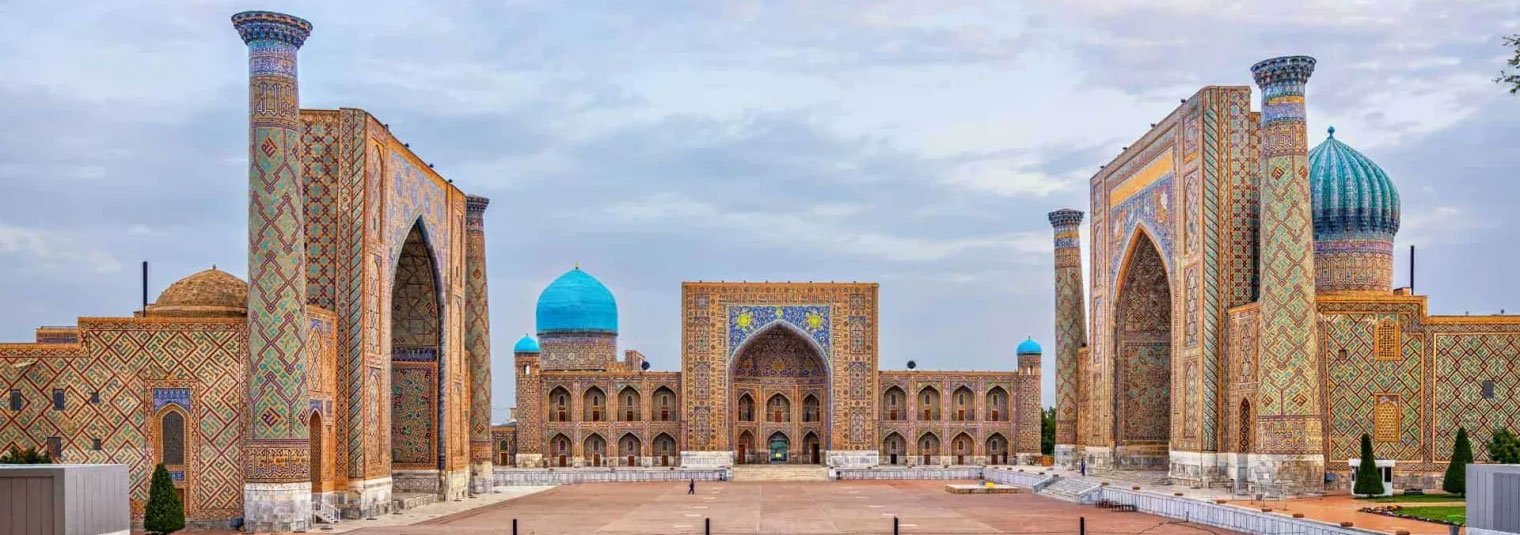Primary Education
Course description
The first phase of secondary education is called Primary Education. In the Republic of Uzbekistan, primary education is the beginning phase of instruction for pupils in grades 1-4 and their spiritual growth. Determining the educational content of the syllabus at this point is crucial.
Its objectives include preparing future qualified primary school teachers for instructing children in grades 1-4 in public and private schools in the Republic of Uzbekistan, enhancing their social standing, and providing education using cutting-edge technologies and foreign languages.
Based on the criteria of state educational standards, this educational program offers theoretical and practical support for attaining the knowledge, abilities, and qualifications required for a primary school teacher.
The direction of primary education is a direction of professional training of future primary school teachers for grades 1-4 in public and private schools of the Republic of Uzbekistan, aimed at increasing their role in society, training on new innovative technologies, and mastering information technologies and foreign languages.
This educational program provides theoretical and practical support for acquiring the knowledge, skills, and qualifications necessary for a primary school teacher based on the requirements of state educational standards. Future elementary school teachers thoroughly learn the pedagogical theory, teaching methodology, and cognitive processes according to the theory of primary education and actively participate in educational and pedagogical practices. Also, based on the course curriculum, students learn foreign and Korean languages perfectly.
In the future, a student studying in the field of primary education will become a leading, competitive specialist of his field who can carry out pedagogical activities in multifaceted, general secondary education, and non-state educational institutions.
Tashkent Kimyo International University cares not only about providing theoretical knowledge to its students, but also about their ability to use this knowledge in future work activities. Therefore, special attention is paid to processes such as the formation and development of practical skills in them, as well as the organization of practical training in prestigious educational institutions, together with theoretical knowledge.
Graduates of Primary Education can work in the following fields
Primary School Teacher: teaching pupils in grades 1-4 in a variety of disciplines, such as reading, writing, math, science, social studies, and more
Material Designer and Curriculum Developer: designing instructional materials and curriculum (textbooks, tests, and lesson plans) for primary schools
Educational Administrator: monitoring school, district, or educational program's operations, overseeing staffing, budgeting, and program evaluation
Educational Consultant: provides advice and expertise on a range of educational topics to schools, school districts, and other organizations
Educational Researcher: focuses their work on issues like teacher development and school advancement
Instructional Coach: assists teachers in improving their assessment procedures, classroom management, and use of technology in the classroom.
